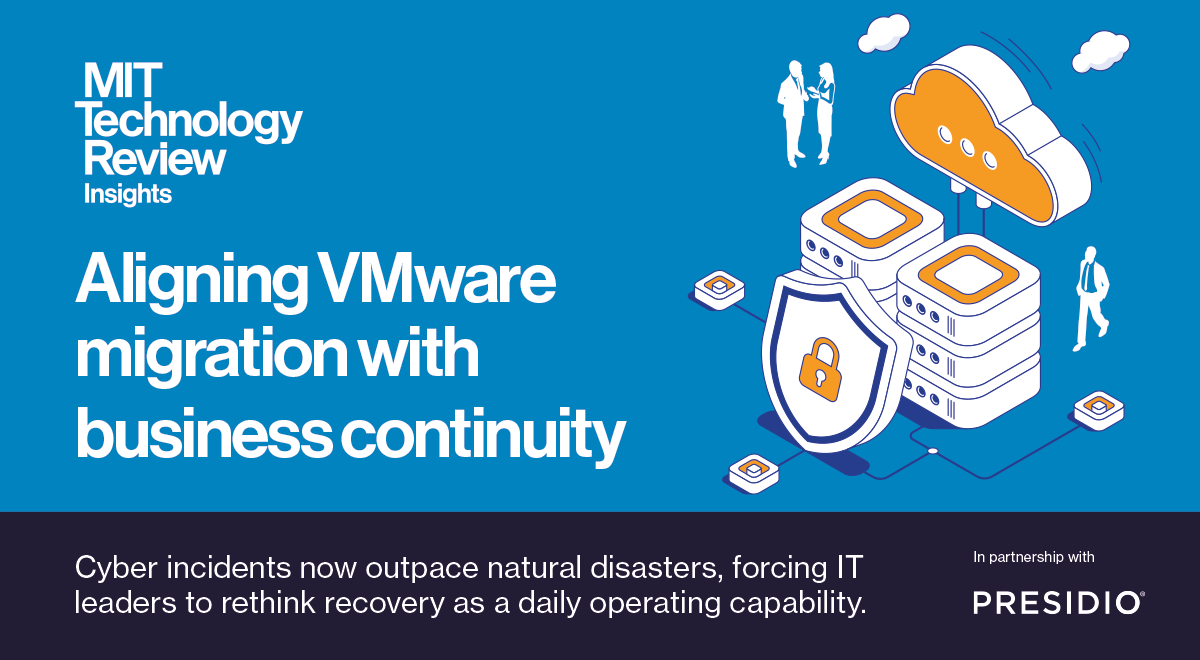This is today’s edition of The Download, our weekday newsletter that provides a daily dose of what’s going on in the world of technology.
How AI is changing the economy
There’s a lot at stake when it comes to understanding how AI is changing the economy right now. Should we be pessimistic? Optimistic? Or is the situation too nuanced for that?
Hopefully, we can point you towards some answers. Mat Honan, our editor in chief, will hold a special subscriber-only Roundtables conversation with our editor at large David Rotman, and Richard Waters, Financial Times columnist, exploring what’s happening across different markets. Register here to join us at 1pm ET on Tuesday December 9.
The event is part of the Financial Times and MIT Technology Review “The State of AI” partnership, exploring the global impact of artificial intelligence. Over the past month, we’ve been running discussions between our journalists—sign up here to receive future editions every Monday.
If you’re interested in how AI is affecting the economy, take a look at:
+ People are worried that AI will take everyone’s jobs. We’ve been here before.
+ What will AI mean for economic inequality? If we’re not careful, we could see widening gaps within countries and between them. Read the full story.
+ Artificial intelligence could put us on the path to a booming economic future, but getting there will take some serious course corrections. Here’s how to fine-tune AI for prosperity.
The AI Hype Index: The people can’t get enough of AI slop
Separating AI reality from hyped-up fiction isn’t always easy. That’s why we’ve created the AI Hype Index—a simple, at-a-glance summary of everything you need to know about the state of the industry. Take a look at this month’s edition of the index here, featuring everything from replacing animal testing with AI to our story on why AGI should be viewed as a conspiracy theory.
MIT Technology Review Narrated: How to fix the internet
We all know the internet (well, social media) is broken. But it has also provided a haven for marginalized groups and a place for support. It offers information at times of crisis. It can connect you with long-lost friends. It can make you laugh.
That makes it worth fighting for. And yet, fixing online discourse is the definition of a hard problem.
This is our latest story to be turned into a MIT Technology Review Narrated podcast, which we’re publishing each week on Spotify and Apple Podcasts. Just navigate to MIT Technology Review Narrated on either platform, and follow us to get all our new content as it’s released.
The must-reads
I’ve combed the internet to find you today’s most fun/important/scary/fascinating stories about technology.
1 How much AI investment is too much AI investment?
Tech companies hope to learn from beleaguered Intel. (WSJ $)
+ HP is pivoting to AI in the hopes of saving $1 billion a year. (The Guardian)
+ The European Central bank has accused tech investors of FOMO. (FT $)
2 ICE is outsourcing immigrant surveillance to private firms
It’s incentivizing contractors with multi-million dollar rewards. (Wired $)
+ Californian residents have been traumatized by recent raids. (The Guardian)
+ Another effort to track ICE raids was just taken offline. (MIT Technology Review)
3 Poland plans to use drones to defend its rail network from attack
It’s blaming Russia for a recent line explosion. (FT $)
+ This giant microwave may change the future of war. (MIT Technology Review)
4 ChatGPT could eventually have as many subscribers as Spotify
According to erm, OpenAI. (The Information $)
5 Here’s how your phone-checking habits could shape your daily life
You’re probably underestimating just how often you pick it up. (WP $)
+ How to log off. (MIT Technology Review)
6 Chinese drugs are coming
Its drugmakers are on the verge of making more money overseas than at home. (Economist $)
7 Uber is deploying fully driverless robotaxis in an Abu Dhabi island
Roaming 12 square miles of the popular tourist destination. (The Verge)
+ Tesla is hoping to double its robotaxi fleet in Austin next month. (Reuters)
8 Apple is set to become the world’s largest smartphone maker
After more than a decade in Samsung’s shadow. (Bloomberg $)
9 An AI teddy bear that discussed sexual topics is back on sale
But the Teddy Kumma toy is now powered by a different chatbot. (Bloomberg $)
+ AI toys are all the rage in China—and now they’re appearing on shelves in the US too. (MIT Technology Review)
10 How Stranger Things became the ultimate algorithmic TV show
Its creators mashed a load of pop culture references together and created a streaming phenomenon. (NYT $)
Quote of the day
“AI is a very powerful tool—it’s a hammer and that doesn’t mean everything is a nail.”
—Marketing consultant Ryan Bearden explains to the Wall Street Journal why it pays to be discerning when using AI.
One more thing

Are we ready to hand AI agents the keys?
In recent months, a new class of agents has arrived on the scene: ones built using large language models. Any action that can be captured by text—from playing a video game using written commands to running a social media account—is potentially within the purview of this type of system.
LLM agents don’t have much of a track record yet, but to hear CEOs tell it, they will transform the economy—and soon. Despite that, like chatbot LLMs, agents can be chaotic and unpredictable. Here’s what could happen as we try to integrate them into everything.
—Grace Huckins
We can still have nice things
A place for comfort, fun and distraction to brighten up your day. (Got any ideas? Drop me a line or skeet ’em at me.)
+ The entries for this year’s Nature inFocus Photography Awards are fantastic.
+ There’s nothing like a good karaoke sesh.
+ Happy heavenly birthday Tina Turner, who would have turned 86 years old today.
+ Stop the presses—the hotly-contested list of the world’s top 50 vineyards has officially been announced 🍇





















